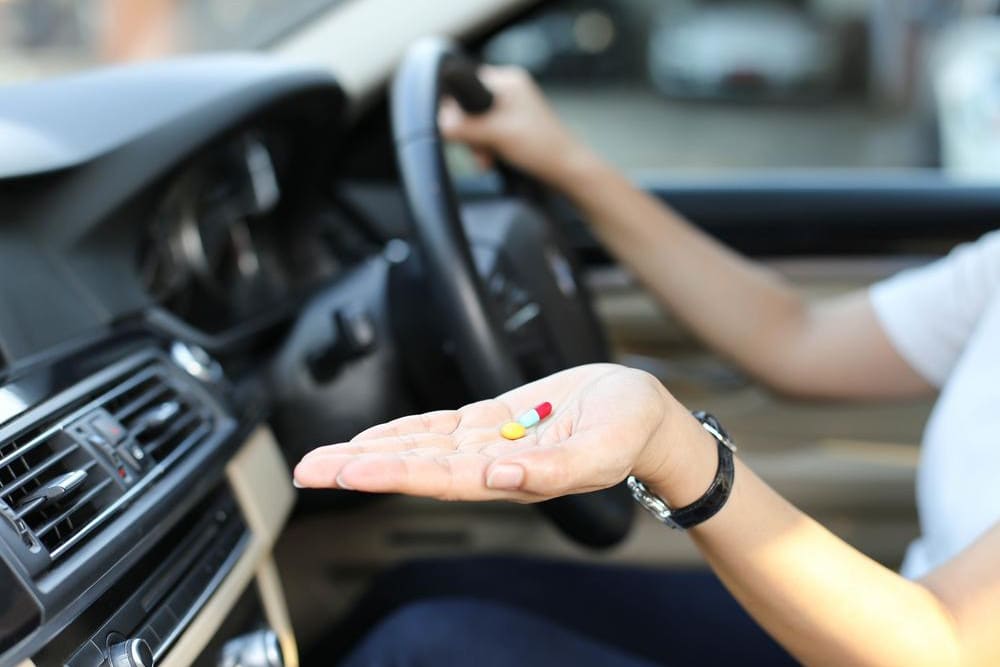

Muscle relaxants are used to reduce and prevent muscle tightness and spasms. Spasms occur when your muscles contract involuntarily, and they can be very painful. Muscle relaxants are usually taken orally, but can also be delivered by means of injection. They work by acting on either the muscle, or on the central nervous system, causing the muscle to become less tight. Most of the time, patients start off on a low dose, so they can get used to the muscle relaxant, and then the dose is increased over a number of weeks.
Of course, if you are experiencing muscle spasms, driving is not a good idea. However, you need to go places – to work, to shop for groceries, and of course to visit your doctor to have your muscle spasms treated. In all probability, you will be prescribed a muscle relaxant to ease your discomfort and go about your day-to-day life. The problem is that although there are many highly effective muscle relaxants available, some of them have side effects. With that in mind, let’s take a look at some of the most common muscle relaxants, and the some of the known side effects (which may not occur in all patients) that could make driving problematic.
Dantrolene – Abdominal pain, dizziness, headaches, trouble breathing, drowsiness, shakiness
Baclofen – Drowsiness, difficulty with eyesight, dizziness, weakness, headaches, difficulty breathing, confusion, shakiness, agitation or anxiety
Methocarbamol – Headaches, dizziness, confusion, blurred vision, forgetfulness, anxiety
Tizanedine – Drowsiness, dizziness, light-headedness, and infrequently, hallucinations
Diazepam – Weakness, drowsiness, forgetfulness, light-headedness, confusion, feelings or aggression
Obviously, if you are taking muscle relaxants, and you experience even one of the side effects associated with the above muscle relaxants, being behind the wheel would be ill-advised. If you need a muscle relaxant, and you need to drive, make sure to tell your doctor so that he or she can prescribe one that is relatively free of known side effects. Keep in mind that these are just potential side effects – you may experience none at all. But if you do, see your doctor so that you can explore other options.



